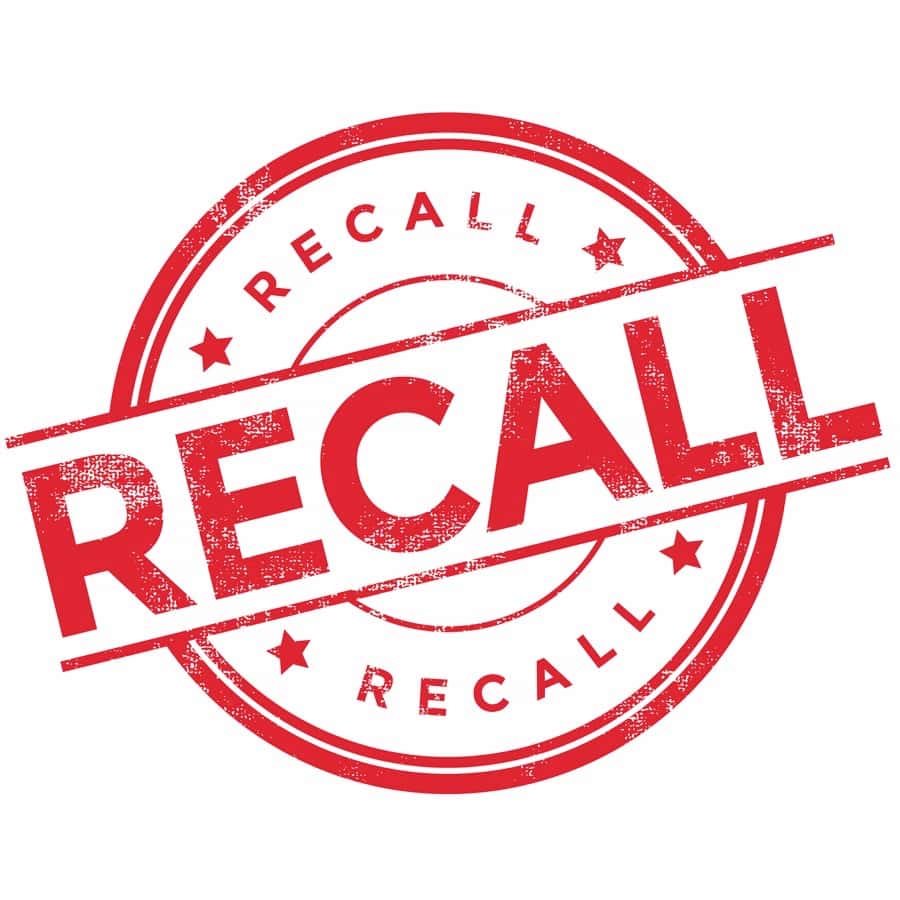
OK, we admit that we are beyond fed up. There have been so many blood pressure drug recalls since last July that we have totally lost count. It was only about a week ago that we wrote about a recall of 104 lots of losartan by India’s Torrent Pharmaceutical company. That involved over one million bottles of blood pressure meds. Some of those bottles contained 1,000 pills. This week one of the largest generic drug manufacturers in the world, Teva Pharmaceuticals, also issued a losartan recall. The company announced it is recalling 35 lots of tainted losartan. Many of the bottles in these lots contain 1,000 pills.
The Losartan Recall now totals 368 Lots:
The FDA rarely reveals how many pills are recalled. We estimate that tens of millions of losartan pills have been pulled off the market over the last nine months. And that doesn’t count all the recalls of contaminated irbesartan and valsartan. It is hardly surprising that there are now shortages of these angiogensin receptor blocker (ARB) blood pressure medications.
The original recall of valsartan last July was because the active pharmaceutical ingredient (API) made in China by the Zheijiang Huahai Pharmaceutical Company was contaminated with a nitrosamine compound. It is a probable carcinogen. Since then the FDA has announced that the Indian company, Hetero Labs, made contaminated losartan. It apparently sold the tainted API to both Torrent and Teva.
Are Your Pills In the Latest Losartan Recall?
Many of the lots of losartan sold by both Torrent and Teva involved bottles containing 1000 pills. That means your pharmacist would have to take tablets from a big bottle and put them in a little amber pharmacy bottle.
The FDA issues a notification of “Recalls, Market Withdrawals, & Safety Alerts.” Here is the latest company announcement from Teva Pharmaceuticals USA, Inc about the losartan recall. If you go to that link published on the FDA’s website on April 29, 2019 you will find all the lot numbers involved in the losartan recall. Will that information do you any good?
We are willing to bet you three People’s Pharmacy bottles of aluminum-free MoM deodorant that you will not find a lot number on the label of your amber pill bottle. That’s because few, if any, pharmacies print lot numbers on pharmacy-dispensed amber bottles. If, on the other hand, you get a bottle of 30 or 90 pills in the manufacturer’s original bottle, you will find a lot number.
Does this make sense? Of course not. Every bottle of pills dispensed in the United States should have a lot number and a true expiration date. Without the lot number on your bottle you have no way of knowing whether your pills are part of the recent losartan recall.
We think it would also be a good idea to include country of origin as well. Where was the API (active pharmaceutical ingredient) made and where were the pills formulated? If the losartan came from China and the pills were made in India, we want to know that information. Don’t you?
How Risky are the Nitrosamines in the ARB Recalls?
According to the ACS Symposium Series from the American Chemical Society (June 20, 1979):
“Among carcinogens the N-nitroso compounds are the most broadly acting and among the most potent. They comprise the directly acting nitrosamides and the systemically acting nitrosamines, which require enzymic activation for their carcinogenic action…More than a hundred N-nitroso compounds have been tested for carcinogenic activity and most of them have induced tumors in rats; a much smaller number has been tested in hamsters, mice or guinea pigs and, again, most of those tested have been carcinogenic.”
The FDA has done its best to downplay the risk. Here is the FDA’s statement about one of the nitrosamine contaminants:
“FDA estimated that if 8,000 people took the highest valsartan dose (320 mg) containing NDMA from the recalled batches daily for four years, there may be one additional case of cancer over the lifetimes of the 8,000 people.”
In its losartan recall announcement, Teva Pharmaceuticals states:
“Based on the available information, the risk of developing cancer in a few patients following long-term use of the product cannot be ruled out.”
Do you find that statement reassuring? In truth, no one really knows how likely the nitrosamine-containing blood pressure pills will cause cancer. This is a gigantic experiment that has gone on for four years.
Generic drug companies often say something like this about the spate of recalls:
“To date, [this drug company] has not received any reports of adverse events related to this recall.”
It can take many years, if not decades, for cancer to develop. We doubt that the FDA or any of the generic drug companies in question will be sponsoring large-scale epidemiological studies to determine the actual number of ARB-related cancers caused by nitrosamine contamination.
Why do the recalls continue? By now, we would have assumed that after nine months the FDA would have cleaned up this mess. The latest losartan recall suggests otherwise.
Share your own thoughts about tainted drugs in the comment section below. And be sure to listen to our live radio show this Saturday (7:00 am from our host station WUNC-FM) or download the podcast on Monday. In it we discuss tainted drugs and quality control. A whistle blower tells his story about an Indian generic drug company and a former FDA medical officer shares his concerns about the agency he used to work for.

